
Gene expressions in microglia cells may explain why some of them are ineffective and allow dementia to progress.

Gene expressions in microglia cells may explain why some of them are ineffective and allow dementia to progress.

CRL cites lack of substantial evidence of efficacy needed for approval.

Aducanumab is named 1 of the 5 “Drugs to Watch” for 2021.

About 2.4 million people in the US experience dementia related psychosis, yet only half ever receive a diagnosis.

Handling aggression in patients with dementia can be difficult...

What dementia treatment makes an interesting appearance in classical literature?

Cognitive disorders are varied and complicated, and require a close eye...

What consequences will big data and artificial intelligence have on brain health and economics?
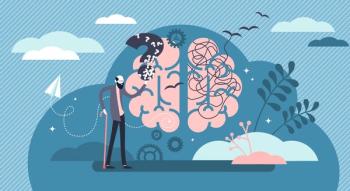
A new formulation of dexmedetomidine meets primary and secondary endpoints in recently completed study.
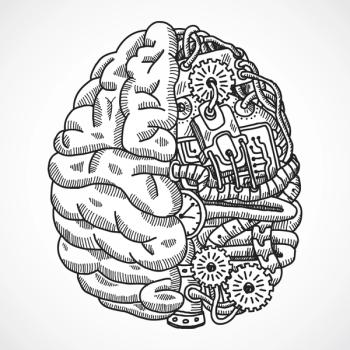
A new study associates a gene that facilitates neuron communication in the nervous system with memory loss.

Telehealth poses challenges for patients, clinicians, families, and caregivers.

Often misdiagnosed as other psychiatric disorders, FTD is the third most common type of dementia and the second most common among patients 65 years or younger. How to spot the signs.

According to some estimates, nearly 2.3 million people in the US suffer from dementia-related psychosis. The Gerontological Society of America’s diagnostic and treatment considerations help shed light on this complicated condition.

How do you determine whether pain is present and its severity as well as how it responds to treatment in patients who are cognitively impaired? Some answers to these questions.
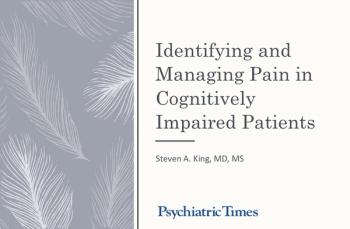
How can clinicians determine the presence of pain in cognitively impaired patients? And how do you know the medication is working if your patient can’t tell you?

During this time, many individuals with Alzheimer disease are homebound with their caregivers. Here's how clinicians can help caregivers deal with common dilemmas under stay-at-home orders.
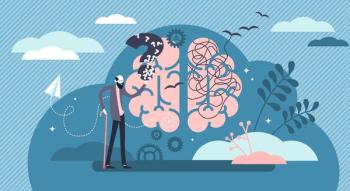
BPSD is associated with worse outcomes for patients with dementia. Management is not standardized, but protocols generally involve the treatment of underlying symptoms followed by the use of nonpharmacological management techniques and evidence-based pharmacotherapy for refractory BPSD.
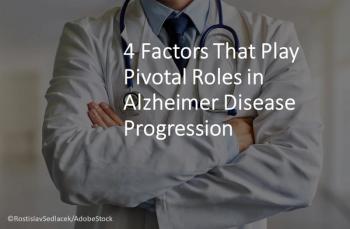
At present there are no treatments to stop or delay underlying disease progression. Current prevalent therapies help to mask the symptoms, but they do not solve underlying causes. A fundamental premise for effective treatment is to make a diagnosis of Alzheimer disease at the earliest stage.
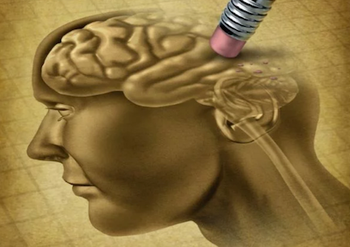
In this video, Marc E. Agronin, MD, discusses several factors that may play a role in agitation. One would be underlying medical causes. It could be an acute disease state impairing brain function. And the list goes on.
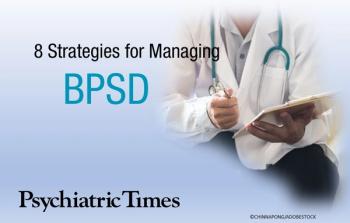
Recommendations for the use of antipsychotics for the management of behavioral and psychological symptoms of dementia.

Agitation can worsen function, pose safety concerns, and increase caregiver stress. It can be both confusing and frustrating to understand and manage these behaviors, but there are several approaches that can make all the difference.
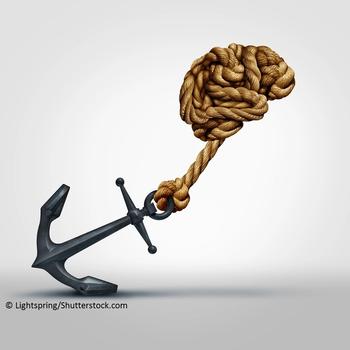
Patients with a family history of Alzheimer disease worry that normal aging symptoms are the initial indication of a progressive cognitive impairment that they have observed in their relatives. A variety of interventions are discussed.

Brain damage associated with dementia impairs affective regulation and executive function, and degrades cholinergic, serotonergic, and dopaminergic pathways. Dr Marc Agronin explains.

A lively ongoing debate is examining the ethics and legality of age-based evaluation of clinicians.

We cannot protect our patients without protecting our planet. This means a personal and professional commitment to green our activities by considering the carbon effects of how we do our work.